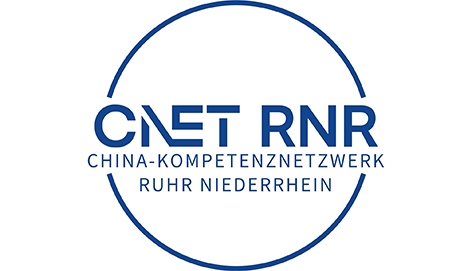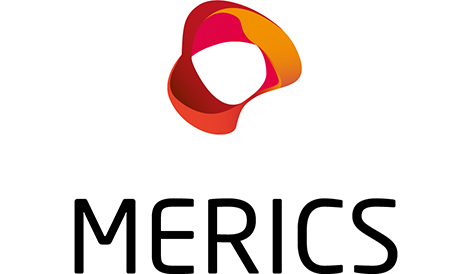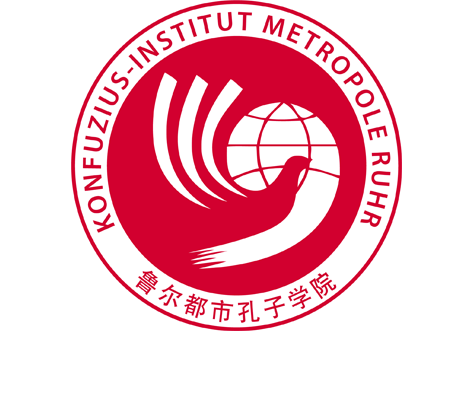Training at Risk and East Asia

Doctoral fellows received training in contemporary East Asian regional studies, as well as in a specific discipline (sociology, political science, human geography or economics), and were expected to complete the program within three years.

Year 1
The first program year included coursework in theories and research on risk and institutional change in comparative and East Asian studies, as well as a research methods seminar covering methodology and research design for studies in East Asia. The program in the first year was designed to assist fellows to develop their research proposals and later determine the most appropriate methodology and research design for their respective projects. In addition, fellows were given opportunities to further develop their language proficiency with advanced classes in Mandarin and Japanese.
The curriculum includeed mandatory core courses, which were team-taught by DFG academics. Doctoral fellows were invited to engage in the Core Theory Seminar on Risk and Institutional Theory, the Research Forum consisting of research presentations by post-doctoral, regular and visiting researchers, and the Research Methods in East Asia Seminar covering the intricacies and feasibility of designs and methods for research in East Asia.
Elective courses in the first year were available to fill in individual fellows' skill gaps. Summer school methods seminars were delivered by the Faculties of Social Sciences and Economics at partner institutions.
The first year concluded with the Joint Dissertation Proposal Workshop at the White Rose East Asia Centre.
Year 2
Doctoral fellows who advanced to the second year received additional support to enable them to conduct field research in East Asia.
In the September immediately preceding the second year, fellows attended the September Seminar for intensive training in conducting research in East Asia. Depending on their country specialization, doctoral fellows chose to participate in September Seminars hosted by either the School of Sociology and Population Studies, Renmin University, Beijing, or the Institute of Social Sciences at the University of Tokyo.
Doctoral fellows returned to Germany in June of their second year and again joined their peers at the White Rose East Asia Centre (WREAC) for a Joint Preliminary Results Workshop.
Year 3
The third and final year was spent writing the doctoral thesis and fellows were offered professional training in publishing and conference presentation to facilitate successful transition to postdoctoral and lecture positions.
________________________________
funded by

Collaborational Training Measures
The Ruhr Graduate School in Economics offered high-level statistical and economic training as part of its English-language doctoral curriculum. Doctoral fellows in economics who had the prerequisite knowledge joined advanced courses at the Ruhr Graduate School in Economics on a case-by-case basis. The Bonn Laboratory for Experimental Economic Research and the Essen Laboratory for Experimental Economics were partners of the Research Training Group and also supported training for fellows with an experimental economics focus.










